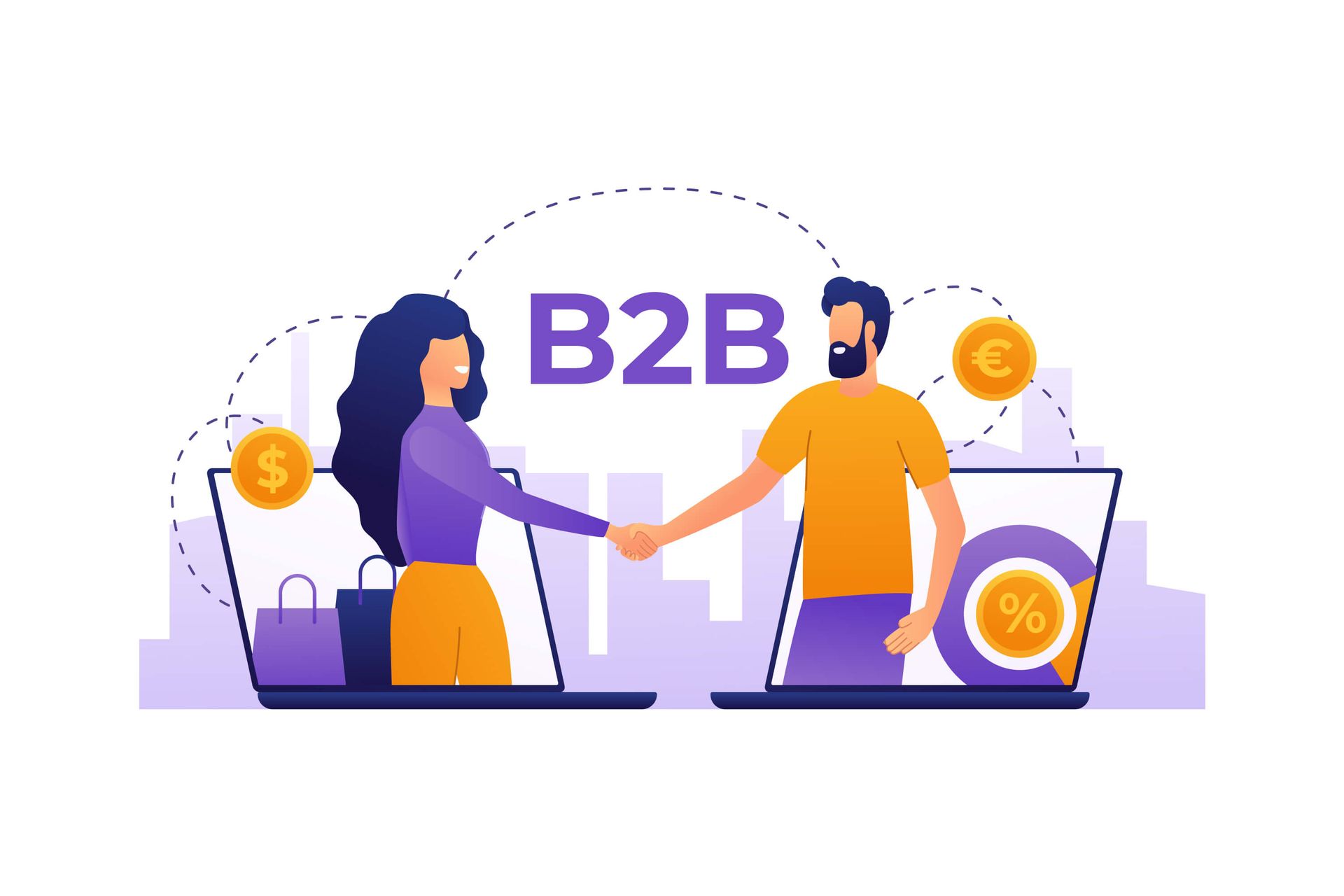↑
CRM for B2B: Specifics and Importance Across Different Industries
In the B2B sector, where deals can take months to finalize, CRM systems have become essential tools for efficiently managing customer relationships. They help businesses keep communication organized, monitor sales stages, and respond swiftly to partner needs. Whether in manufacturing, logistics, or IT, CRM enables companies not only to streamline operations but also to improve customer interactions, leading to profit growth. Why is a CRM system so crucial for B2B, and how can it help your business? Let’s find out!
Differences Between CRM for B2B and B2C
B2B (business-to-business) focuses on working with other companies, where sales processes are often more complex and require a longer decision-making period. B2C (business-to-consumer), on the other hand, deals with the end customer, where transactions are quicker, and the customer base is much larger.
These differences influence the choice of CRM, as each sector requires specific features to manage customer relationships.
B2B CRM is centered around managing long sales cycles, detailing interactions, and tracking every stage of cooperation.
In contrast, B2C CRM is oriented toward fast transactions with a large number of customers, emphasizing marketing automation, audience segmentation, and enhancing the customer experience through personalized offers.
Specifics of CRM for B2B
CRM for B2B sales has its own unique features, as working with business clients is much more complex and requires more attention at each stage of the sales process compared to dealing with end consumers. The B2B sales process typically takes longer, involves more stages, and requires interaction with multiple people on the client's side. CRM helps store all information related to these processes, track negotiations, and monitor every stage of cooperation.

5 B2B Industries Where CRM is Essential
That’s why CRM systems have become indispensable tools for many B2B industries. They don’t just store contacts or manage deals but also help build stronger relationships, optimize processes, and increase productivity. However, there are industries where CRM is especially vital:
· Manufacturing
CRM for manufacturing helps manage complex supply chains and interactions with numerous partners. According to research, companies in the manufacturing sector that have implemented B2B CRM software have improved customer data management efficiency by 40%.
· Logistics and Transportation
These companies use CRM to track orders, improve communication with clients and partners. CRM for logistics helps reduce order management time by 25%.
· IT and Consulting
For this sector, it is crucial to track every stage of client interaction and ensure quality project support. CRM allows for a 30% increase in project planning and execution accuracy.
· Wholesale
In wholesale, a B2B CRM system helps effectively manage large customer and order databases. As a result, wholesale companies reduce sales costs by an average of 20%.
· Financial Services
In financial companies, the system enables efficient client information management, helping to more accurately forecast financial needs and risks. 50% of such companies report that CRM allows them to better analyze customer behavior, offer personalized solutions, and retain clients for longer, increasing their loyalty.
LBS Cloud: The Optimal Solution for B2B
In the B2B sector, it is important not just to sell but to build strong, long-term partnerships. LBS Cloud provides all the necessary tools for this.
One of the platform’s key advantages is support for over 50 integrations with various systems, including accounting programs, ERP, e-commerce services, and marketing tools. LBS Cloud allows you to track sales, manage projects, finances, and customer relationships in a single platform, significantly reducing the time and effort required for routine tasks.
Additionally, the system is easily scalable depending on business needs. With its cloud architecture, it is accessible anytime and from any location, which is especially important for B2B companies working with many partners and clients.
Another significant advantage is the user-friendly analytics and reporting that help management make informed decisions based on real data.
For manufacturing, LBS Cloud offers solutions that automate resource management, production planning, and control of operational execution. For logistics and transportation, it provides opportunities for delivery route optimization, tracking vehicles and cargo, which enhances process efficiency and ensures uninterrupted operations. In wholesale, it simplifies inventory, order, and client relationship management, allowing companies to respond quickly to market needs and maintain a high level of service.
Try a B2B CRM system in your business and see its effectiveness firsthand!